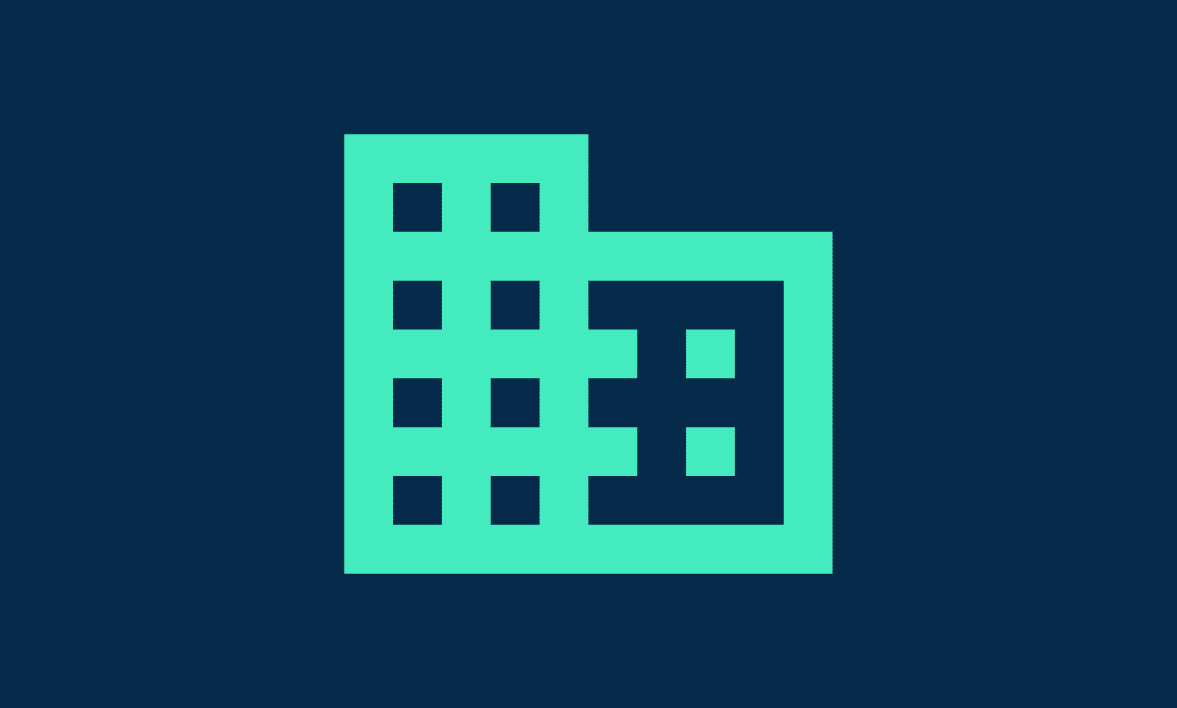
Blog
The weight on strata managers’ shoulders and how to lighten the load
Being a strata manager isn’t for the faint-hearted. You’re part community leader, part financial controller, part compliance officer — and often, part peacekeeper too.
On any given day, you might be fielding calls about a leaking roof, chasing overdue levies, organising a fire safety inspection, mediating a dispute between neighbours, and preparing the financial reports for an upcoming AGM. And you’re expected to do all of it quickly, accurately, and with a smile.
It’s no wonder so many strata managers feel like they’re running on fumes.
The invisible workload
Much of the pressure strata managers face isn’t visible to owners and tenants. From the outside, it can look like “just sending a few notices” or “keeping the building tidy.” But behind the scenes, there’s a mountain of manual admin and mental load.
- Tracking who has received which documents — and proving it if there’s a dispute.
- Coordinating payments across dozens of owners, each with different timelines and preferences.
- Managing countless suppliers, service providers, and compliance deadlines.
- Fielding late-night calls when something goes wrong, because you’re the default problem-solver.
It’s a job where nothing can fall through the cracks, yet the tools many managers rely on — paper, email, outdated portals — make it almost impossible to stay on top of everything.
Why traditional systems are holding managers back
Most strata communications still flow through a mix of disconnected channels.
Levies go out in the post. AGM packs are emailed as PDFs. Compliance reports sit on someone’s computer. Tenants pay through one platform, while owners use another.
This fragmentation doesn’t just create inefficiency — it creates risk:
- A levy notice goes missing, and the owner disputes late fees.
- An AGM pack lands in a spam folder, and the meeting has to be rescheduled.
- A compliance certificate gets lost, and suddenly the entire building is non-compliant.
For the strata manager, every one of these issues translates into extra work, stress, and hours they don’t have to spare.
Technology as a helping hand, not another headache
Strata managers don’t need another complicated tool to learn. They need something that makes their lives easier, not harder.
That’s where the concept of a smart mailbox comes in. It’s not about replacing the important relationships managers have with their communities — it’s about removing the repetitive, error-prone tasks that get in the way of those relationships.
Imagine a single, secure digital space where all essential communications live. Levies, meeting notices, compliance reports — everything goes to one place, where it’s automatically tracked and stored. Owners and tenants always know where to find information. Managers always know who’s received it. And when a payment is due, it happens instantly, without chasing or manual reconciliation.
Instead of juggling paper trails and multiple portals, managers gain back time and headspace to focus on what really matters: supporting their communities and growing their business.
The emotional impact of getting it right
When communication and payments run smoothly, the benefits aren’t just operational — they’re emotional.
- Owners feel informed and respected, which builds trust.
- Tenants see their property managers as professional and reliable.
- Strata managers finally get to take a breath, knowing they’re not constantly one missed email away from a crisis.
Over time, this creates a positive cycle. Smoother operations lead to happier communities, which leads to fewer disputes and less stress for everyone involved.
Starting small to make a big difference
The idea of reworking your systems can feel daunting when you’re already stretched thin. The key is to start small.
Pick one process that causes regular headaches — maybe levy collection, or AGM notices — and digitise just that. Once you see the difference it makes, you can expand to other areas step by step.
Every incremental improvement adds up to more time, less stress, and a better experience for the communities you manage.
You don’t have to do it all alone
Strata managers are the backbone of our communities, often doing unseen, under appreciated work. But no one can keep carrying this weight without support.
By embracing smarter, more secure ways to manage communications and payments, strata managers can lighten their load — not by working harder, but by working smarter.
Because at the end of the day, great strata management isn’t about doing everything yourself.
It’s about creating systems that support you, so you can keep supporting the people and places that matter most.
Read our recent post on the role of smart mailboxes in strata communications.

